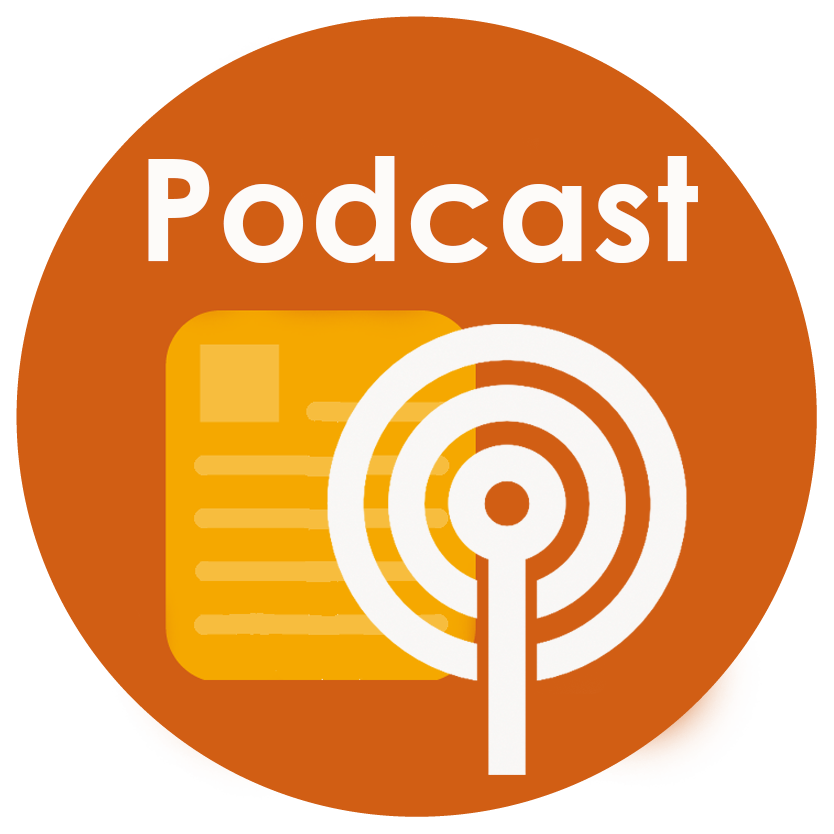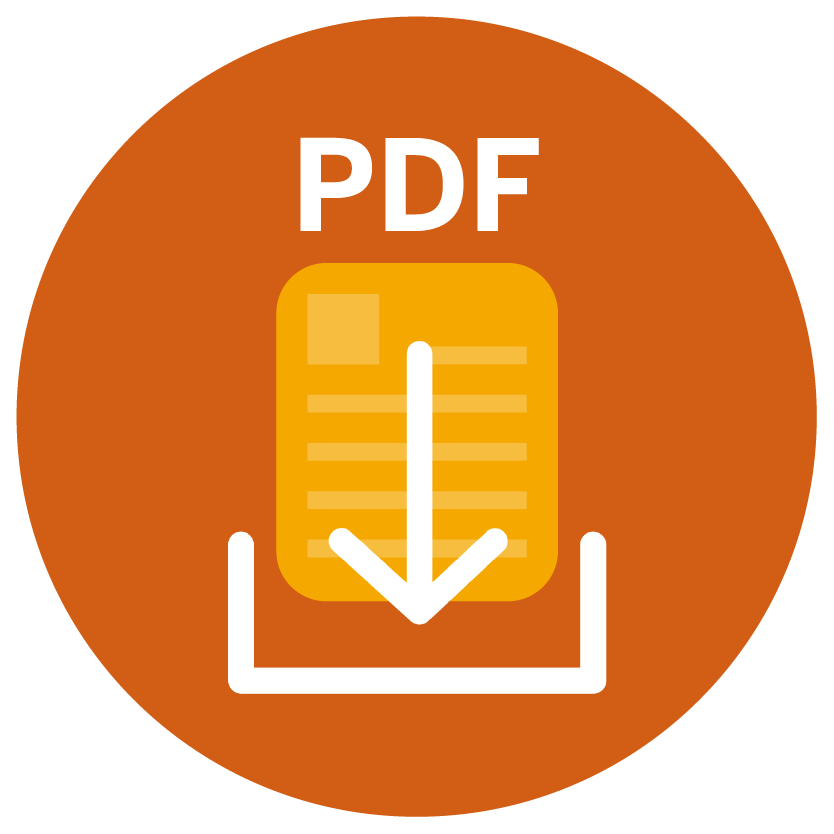
Volume XLIII, No. 13 | April 15, 2021
Digital Textbook for Principles of Chemistry I
Over the past few years, enrollment in the Principles of Chemistry I course at Georgia State University’s Perimeter College has declined and the withdrawal rate has remained consistent. Part of the main general chemistry sequence, it’s the first course in a two-semester sequence covering the fundamental principles and applications of modern chemistry for science majors. It’s a required course for most STEM majors and pre-health students. Topics covered include the composition of matter, stoichiometry, periodic relations, and nomenclature.
In order to counteract declining enrollment, a team of instructors, an instructional designer, and a librarian began to modify the instructional strategies and content in order to increase student retention. The end product is an open-source, free resource for students taking Principles of Chemistry I or similar courses.
Benefits of OER
A significant percentage of students attend class without the critical aid of a textbook, which may cost more than $200. Students are consistent in their complaints about the high cost of required textbooks, and many have decided to try taking courses without them. Consequently, an increasing percentage of students in these courses are underperforming. This decline in academic performance negatively impacts students’ morale and causes them to give up, submitting to underachievement and stagnation in career aspirations. Modern students need a different way to gain knowledge and master the material in foundational courses.
OER and Cost
OERs are materials that are openly licensed, giving users the legal permission to retain, reuse, revise, remix, and redistribute the material (Wiley, 2017). OERs range from comprehensive materials such as curriculum and textbooks to individual videos, syllabi, lecture notes, and tests. Emerging research finds that students using OERs are no worse in course performance than students who use costly printed materials (Lane Fischer, 2015). In a non-experimental case study, Hilton and Laman (Feldstein, 2012) compared the performance of 690 students using an open textbook in an introductory psychology class to the performance of 370 students who used a traditional textbook the previous semester. They concluded that students who used the open textbook achieved better grades in the course, had a lower withdrawal rate, and scored better on the final examination. In a study of 21,822 students, Colvard, Watson, and Park (2018) found that course-level adoption of OER improved end-of-course grades and fewer students receiving a D or F grade or withdrawing, with a more significant impact for Pell recipient students, part-time students, and populations historically underserved by higher education.
Some of the advantages of using OER include:
- Expanded access to learning. Students anywhere in the world can access OERs at any time, and they can access the material repeatedly.
- Scalability. OERs are easy to distribute widely with little or no cost.
- Augmentation of class materials. OERs can supplement textbooks and lectures when deficiencies in information exist.
- Quick circulation. Information may be disseminated rapidly, especially when compared to information published in textbooks or journals, which may take months or even years to become available. Quick availability of material may increase the timeliness and/or relevance of the material being presented.
- Showcasing of innovation and talent. A wide audience may learn of faculty research interests and expertise. Potential students and donors may be impressed, and student and faculty recruitment efforts may be enhanced.
- Ties for alumni. OERs provide an excellent way for alumni to stay connected to the institution and continue with a program of lifelong learning.
- Continually improved resources. Unlike textbooks and other static sources of information, OERs can be improved quickly through direct editing by users or through solicitation and incorporation of user feedback. Instructors can take an existing OER, adapt it for a class, and make the modified OER available for others to use.
Accessibility
Accessibility refers to the use of a product, service, framework, or resource in an efficient, effective, and satisfying way by people with different abilities. Functional diversity is a key issue in the development of any online resource, including OER, since it must be usable for everyone who accesses it.
The number of disabled students is rapidly increasing worldwide. Consequently, large numbers of disabled students are dropping out of school or university. Web versions of e-books such as https://gsuprincipleschemistry.org contain text and videos that are accessible. By including accessible text and video, the web version of this openly licensed e-book meets a wide range of accommodation requirements. Educators adopting this text may increase accessibility and inclusion for disabled students.
Learning Management System (LMS)
The LMS has increasingly become an integral part of higher education. Online and hybrid courses may require extensive guidance and support by librarians and instructional designers, because much or all of the content and resources are in digital form. Increasingly, many traditional courses now use their LMS as a central access point for all resources and content as well.
Integrating digital media into the curriculum can make a huge impact on student learning in higher education. Due to the digital media technologies that are now available to the educator, an opportunity has been created for librarians, instructional designers, and faculty to work together to build well-crafted and pedagogically sound courses, thereby meeting a critical need in higher education.
Planned Measures
Currently, the e-book is under the development and review process. It is scheduled to be released across the college in the fall of 2021. The final version of the e-book will be available under Creative Commons license on the Affordable Learning Georgia website and as a standalone web version: https://gsuprincipleschemistry.org. An LMS version of the eBook is also available on the D2L (iCollege) system.
Qualitative Measures:
- Comparison of pre-OER and post-OER student satisfaction will be measured using a pre/post survey design.
- Students’ attitudes toward chemistry: Students will be surveyed at the beginning, in the middle, and at the end of the semester using the iCollege Survey tool.
Qualitative Measures:
- Student success data will be gathered through institutional research. Withdrawal rates will be calculated and compared to previous semesters.
- To assess the effectiveness of the e-book, student usage data (number of login attempts and amount of time spent) will be examined. An engagement index will be created based on this data. Student success rates will be compared to this engagement index.
- Knowledge development: Collegewide nationally standardized final exam average raw scores will be compared with the engagement index to evaluate the effectiveness of the e-book.
Impact on Students:
- Financial: This supplementary textbook will be completely free of cost and available to students online.
- Skill Development: Foundational skills (i.e., graphing, critical thinking, cognitive knowledge, effective comprehension) that will be introduced and developed in this course will not only serve students throughout their time in higher education, but throughout their careers as these skills are frequently cited as important to employers.
- Science literacy/relevance: The importance of science and technology in today’s world is indisputable. Students will have a better understanding of science and technology at the completion of this course.
Impact on Faculty:
- Faculty will be able to use the materials as they are or customize the materials to suit their own course learning objectives.
- Faculty will be provided with access to a 24/7 helpdesk to resolve any technical issue.
- Implementation of this digital textbook may encourage faculty to implement these practices in other courses.
Impact on the Institution:
- Successful implementation should lead to increased student success and higher retention in the course.
- A positive experience in the course may lead some students to continue on in the STEM pathway.
Impact on the State:
- Georgia will have a more science-literate citizenry, particularly in chemistry.
- Graduates will have stronger workforce-required skills.
Conclusion
Our e-book increases equitable, inclusive, and engaging instruction in this STEM course. It is completely free and available to all students, regardless of their financial status. Through web and electronic versions, the e-book uses appropriate, engaging methods such as simulations, videos, and worksheets, It equips students to succeed through accessibility and interactivity.
Antara Dutta, Physical Sciences
Maher Atteya, Physical Sciences
Jose Gonzalez-Roman, Physical Sciences
Ahmed A. Baosman, Physical Sciences
Jeremy Speeds-Schwartz, Center of Teaching and Learning Online Education
Mary Ann Cullen, University Library
Michael R. Nelson, Physical Sciences
For more information, contact the authors at Georgia State University’s Perimeter College, adutta@gsu.edu.
This project has been funded by Textbook Transformation Grant#557, Affordable Learning Georgia Round #18, Fall 2020-Fall 2021
REFERENCES:
Wiley, D. (2017). The Evolving Economics of Educational Materials and Open Educational Resources: Toward Closer Alignment with the Core Values of Education, Trends and Issues in Instructional Design and Technology, fourth ed., Pearson Education, 2017.
Lane Fischer, J. H. (2015). A Multi-Institutional Study of the Impact of Open Textbook Adoption on the Learning Outcomes of Post-Secondary Students. Journal of Computing in Higher Education Vol. 27, No. 3, 159-172.
Feldstein, A. M. (2012). Open textbooks and increased student access and outcomes. European Journal of Open, Distance and E-Learning. Retrieved from http://www.eurodl.org/index.php?article=533.
Colvard, N. B., Watson, C. E., & Hyojin Park. (2018). The Impact of Open Educational Resources on Various Student Success Metrics. International Journal of Teaching & Learning in Higher Education, 30(2), 262–276.



